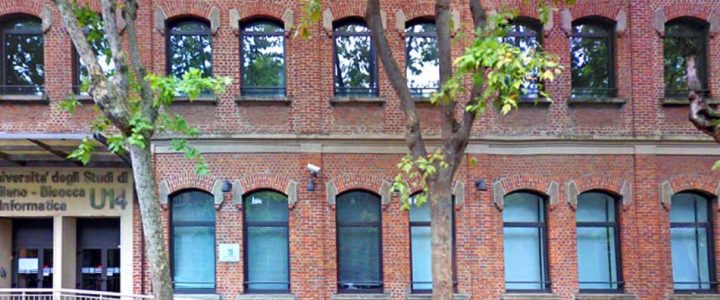Starting from November 28, 2022, the MMSP group will be present at the 21st International Conference of the Italian Association for Artificial Intelligence (https://aixia2022.uniud.it/) with two workshops:
- The 3rd Italian Workshop on Artificial Intelligence for an Ageing Society (AIxAS 2022)
- The 1st Italian Workshop on Artificial Intelligence for Human Machine Interaction (AIxHMI 2022)
AIxAS 2022 sees Professor Francesca Gasparini as Chair with Doctor Filippo Palumbo of the CNR-ISTI of Pisa and Doctor Francesca Fracasso of the CNR-ISTI of Rome.
The aim of this workshop is to promote active and healthy ageing, which involve prolonging independent living, ageing well and maintaining social inclusion, by considering the pivotal role of Artificial Intelligence (AI) on assitive technologies and smart environments that could support and help older adults.
You can contribute to the workshop by submitting ideas, position, short or regular papers until September 30, 2022.
AIxHMI 2022 sees Doctor Aurora Saibene as Chair with Professor Silvia Corchs of the University of Insubria and Professor Jordi Solé-Casals of the Universitat de Vic – Universitat Central de Catalunya.
The aim of this workshop is to investigate the role that AI plays within new scenarios that suffer from noise, are strongly human-centered and often require severe constraints in terms of computational costs and real-time processing, that are especially brought by new wearable devices and sensing technologies employed in the field of human-machine interaction.
You can contribute to the workshop by submitting ideas, position, short or regular papers until September 30, 2022.
Visit the workshops websites for more details (here we have not event touched the tip of the iceberg).
See you in Udine!



